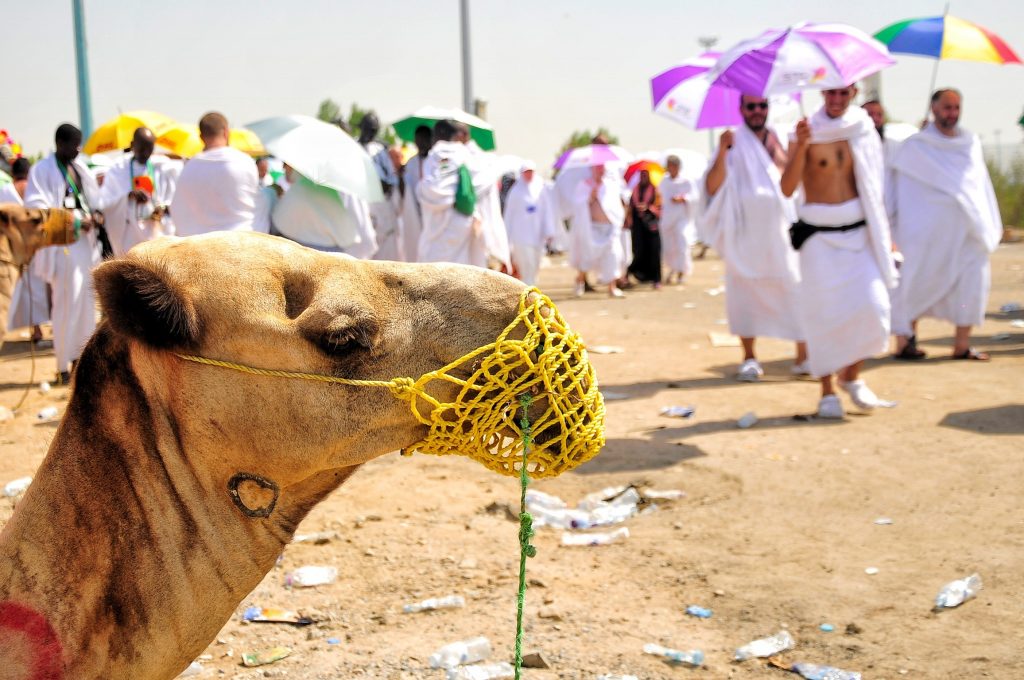São Paulo – Muslim travel industry could generate USD 36 billion and have a positive impact in the Middle East’s Gross Domestic Product (GDP) until 2020. If confirmed, the forecast would represent a surge of 21% over the USD 29.7 billion registered in 2017, according to a study by Salam Standard, the online halal hospitality rating system, that is, Muslim-friendly. The Islamic tourism industry should create 1.2 million jobs in the region until 2020, more than twice of the current 528,000 jobs. The information was published by the website of Dubai-based magazine Arabian Business.
The Middle East is the region most impacted by Islamic tourism and accounts for 24% of the industry’s global revenues. Saudi Arabia, the United Arab Emirates and Turkey are the three main destinations. The two main destinations for the religion’s pilgrims, Mecca and Medina, are in Saudi Arabia. These two cities host million of visitors every year.
Saudi Arabia is the leading country in Islamic tourism. The sector’s market share in the country’s tourism industry should reach 78% until 2020. The Kingdom is also the sixth biggest beneficiary worldwide in terms of tax revenues from Islamic tourism, with USD 500 million in 2017.
Besides, Muslims from the Middle East are, by far, the leading spenders on abroad trips with USD 62.2 billion in 2017, with an estimated increase to USD 72 billion in 2020, and a 59% market share, according to the study.
Tourists from Saudi Arabia and the United Arab Emirates are the leading spenders among Muslim tourists, with an estimated share of 41% of the total until the end of the decade.
“The figures speak for themselves – the Muslim travel sector is playing an increasingly significant role in the economic wealth of Middle Eastern countries, particularly Gulf nations with vibrant and growing tourism industries and ambitious plans to develop them further, namely, the UAE and Saudi Arabia,” said Faeez Fadhlillah, co-founder and CEO of Salam Standard, according to the Arabian Business’ website.
Globally, the Muslim travel industry should generate USD 183 billion until 2020, well above the USD 148 billion seen in 2017, and it should create 5.6 million jobs, according to the study.
“One in three people worldwide will identify as Muslim by 2060 and to disregard this trend would be foolhardy,” said Fadhlillah. “With the Muslim population growth at 70% compared to the global average of 32%, the Muslim travel market presents many untapped opportunities for countries and organizations that successfully address its needs – and an enormous threat for those who ignore it,” he concluded.
Translated by Sérgio Kakitani




